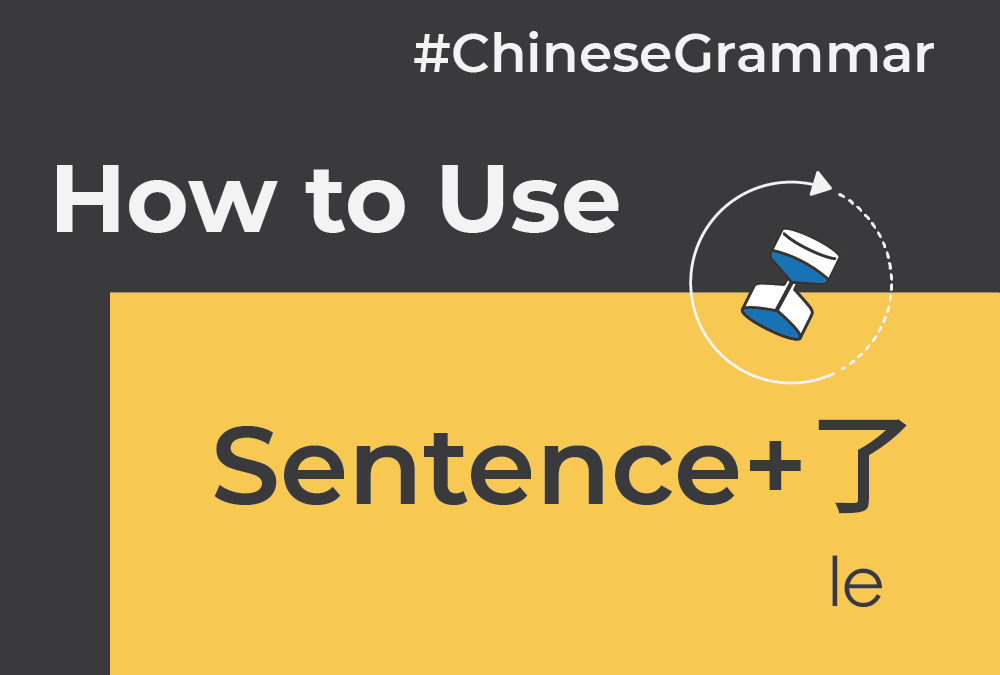
by NihaoCafe | Aug 19, 2021 | Basics
了 le (particle indicating a change of state) 了 le (particle indicating a change of state) FUNCTION Particle 了 (le) has several meanings, and you will learn them all one by one. In today’s lesson, it indicates that the state of something is about to change: 我们走了。 Wǒmen...
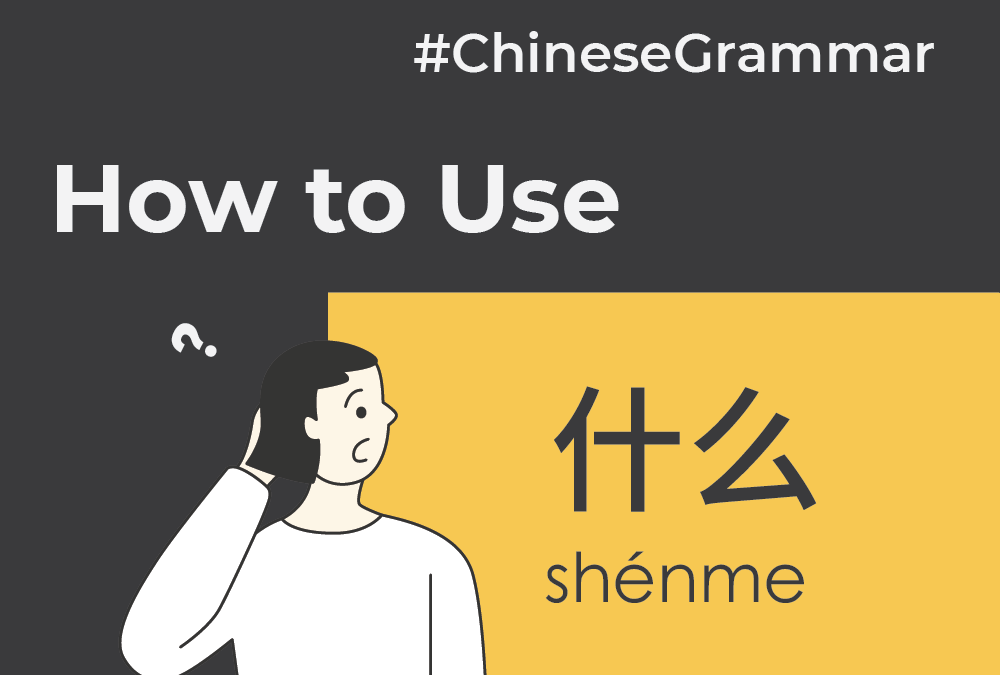
by NihaoCafe | Aug 19, 2021 | Basics
什么 shénme What 什么 shénme What FUNCTION To ask a person “How are you?”, or to ask how someone else is doing (“How is he?”) use the question word 怎么样 (zěnmeyàng), “how”: 你叫什么名字? Nǐ jiào shénme míngzi? What is your name? (lit. “You-be called-what-name?”) 你做什么? Nǐ zuò...
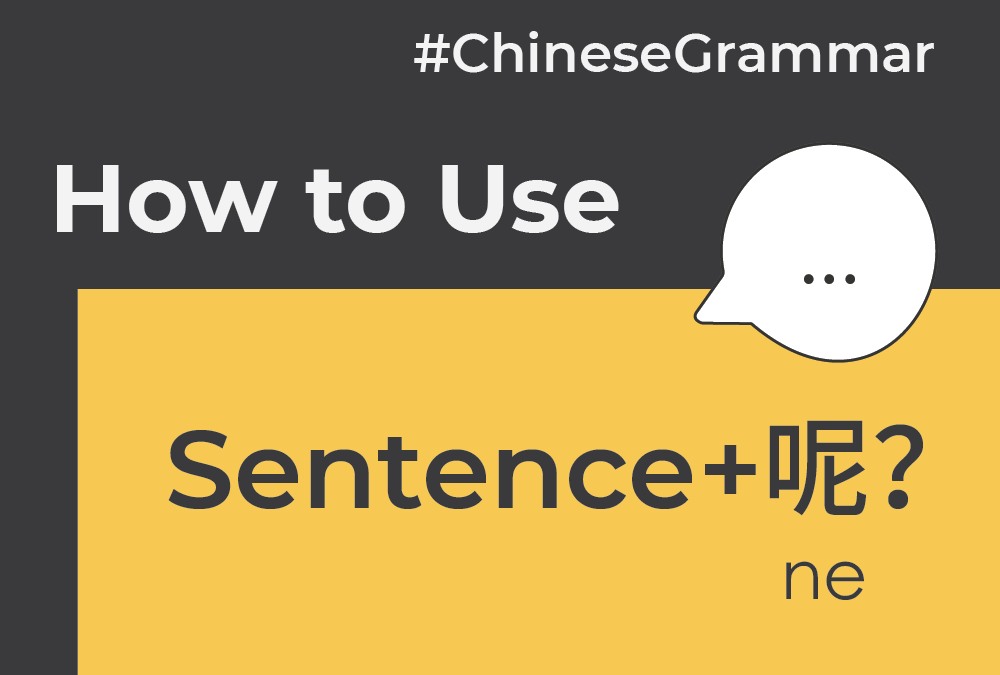
by NihaoCafe | Aug 18, 2021 | Basics
呢 ne And … ? How about … ? 呢 ne And … ? How about … ? FUNCTION Use 呢 (ne) as a short way to ask someone the same question they just asked you — similarly to the English “And you?”: 我很好,你呢? Wǒ hěn hǎo, nǐ ne? I’m good, and you? 你们呢? Nǐmen ne?...
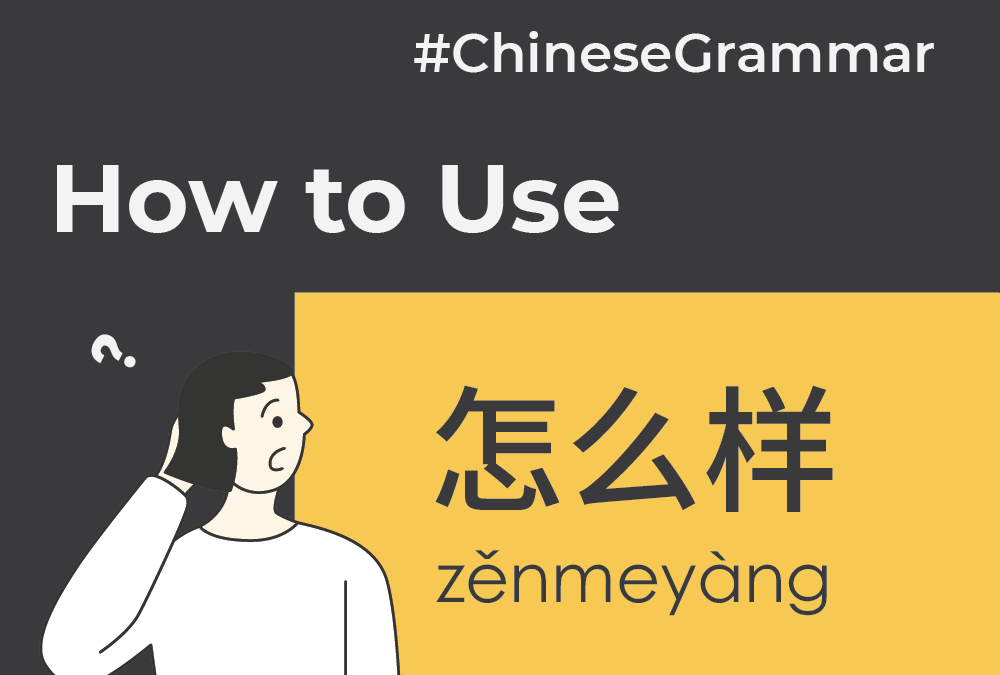
by NihaoCafe | Aug 17, 2021 | Basics
怎么样 zěnmeyàng How …? How about …? 怎么样 zěnmeyàng How …? How about …? FUNCTION To ask a person “How are you?”, or to ask how someone else is doing (“How is he?”) use the question word 怎么样 (zěnmeyàng), “how”: 你怎么样? Nǐ zěnmeyàng? How are you?...
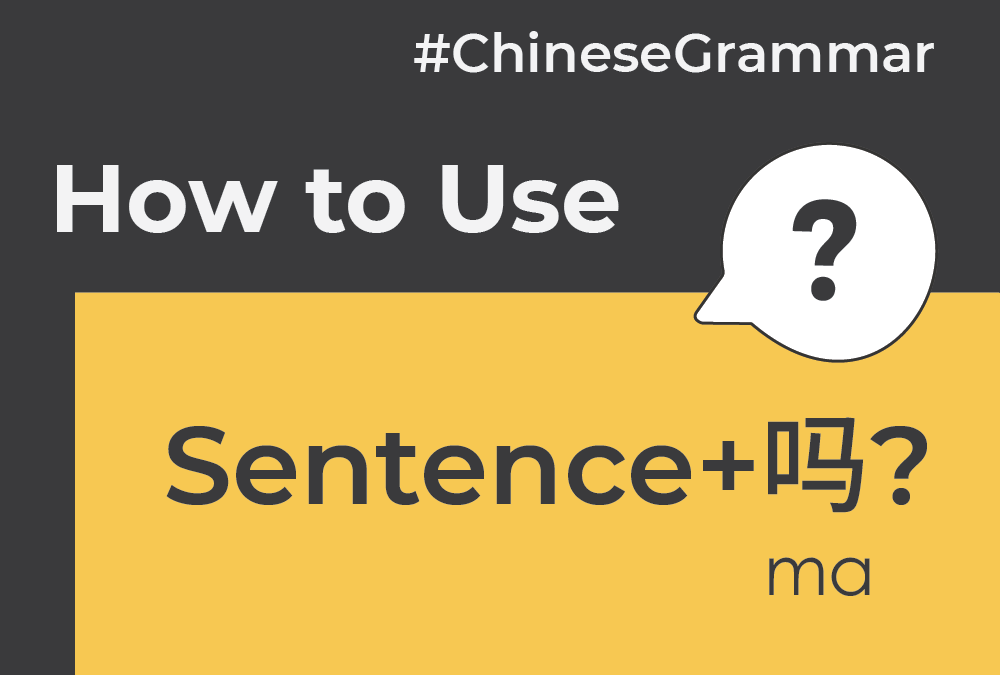
by NihaoCafe | Aug 17, 2021 | Basics
吗 ma (question particle for general yes-no questions) 吗 ma (question particle for general yes-no questions) FUNCTION To turn your sentence into a yes-no question, add a question particle 吗 (ma) after it: 你是中国人。 Nǐ shì Zhōngguórén.You are Chinese. 你是中国人吗? Nǐ shì...






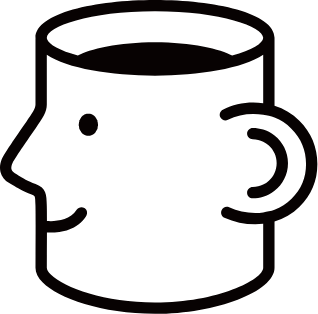
Recent Comments